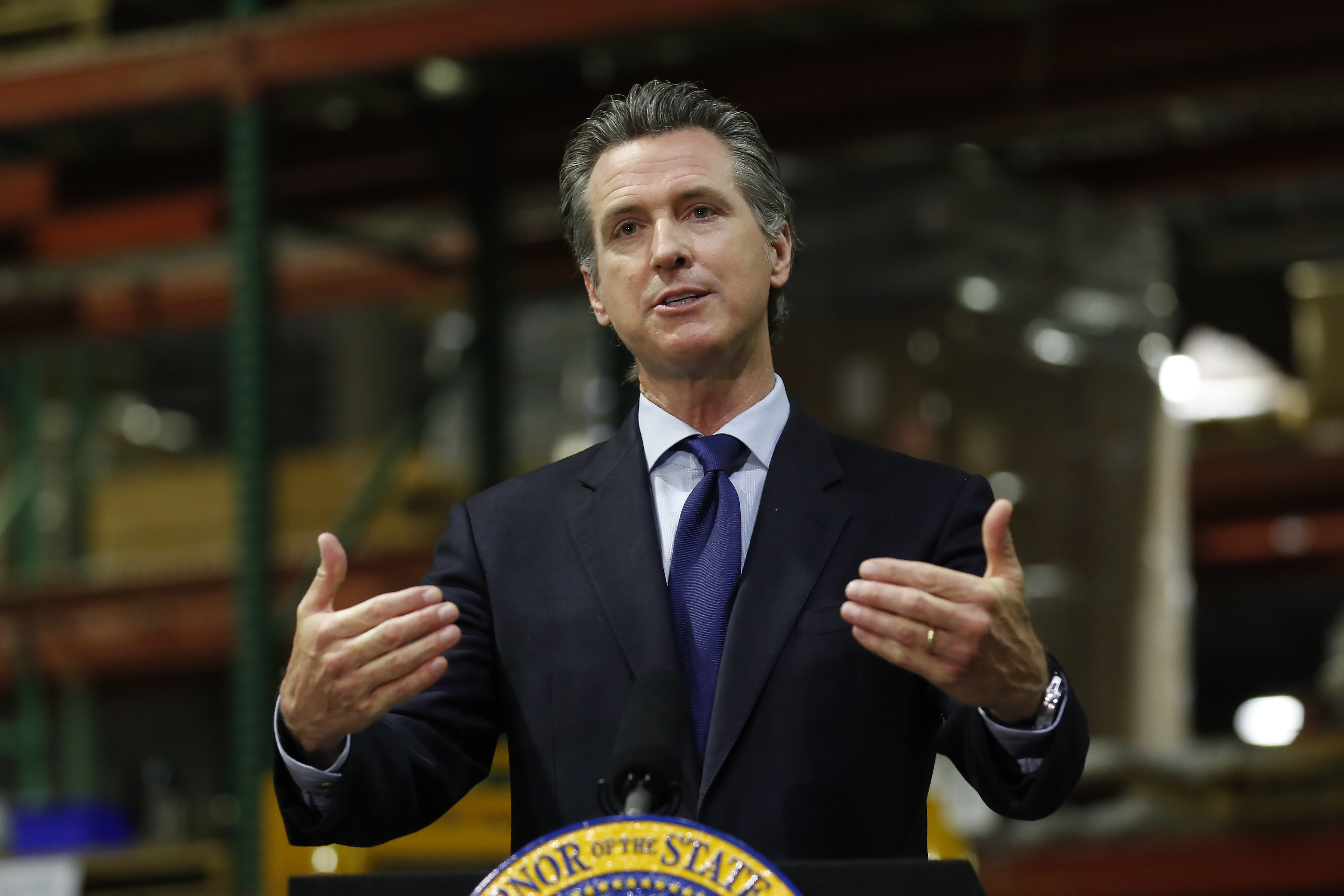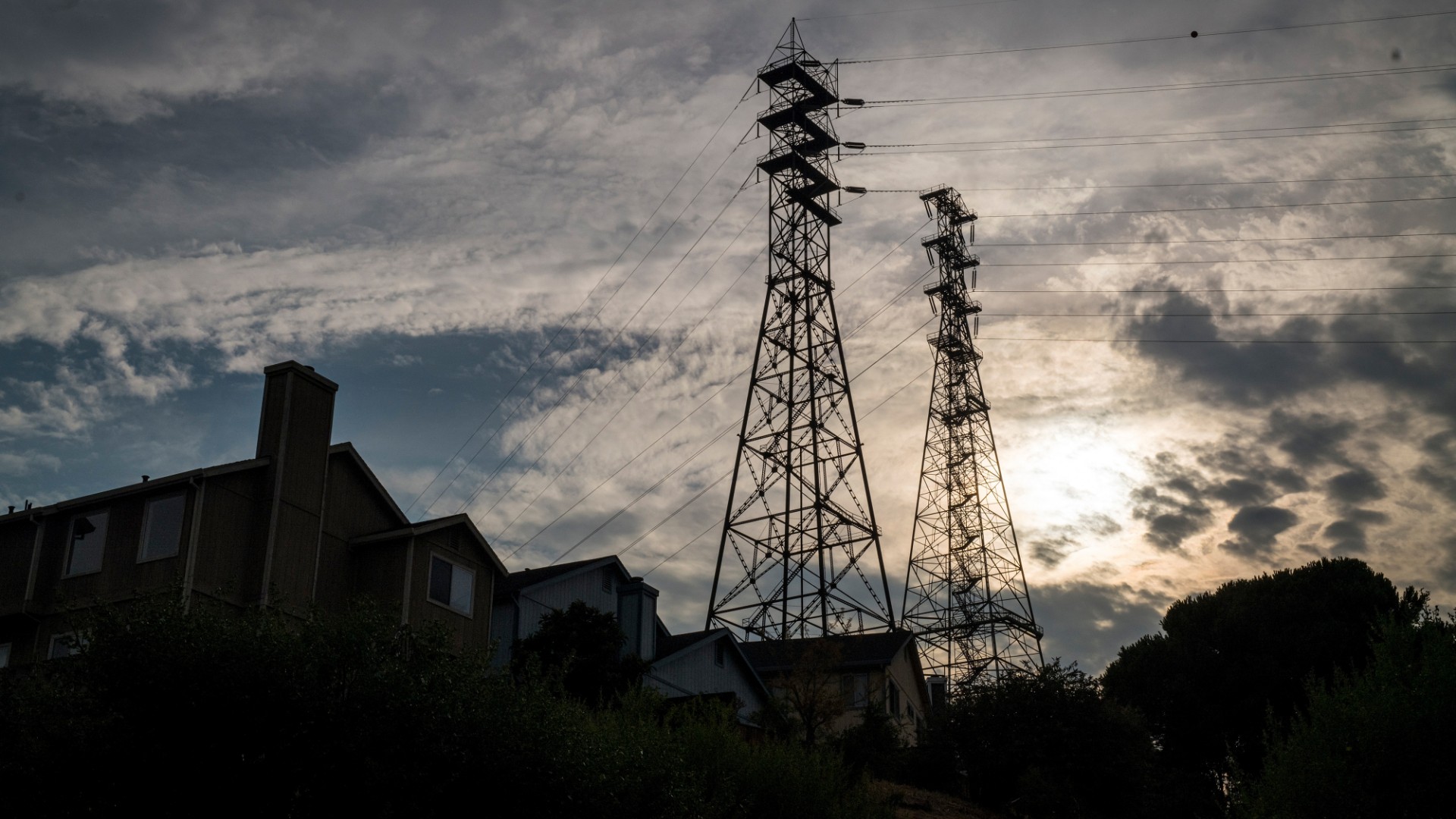The state’s power grid system operator moved to lift price caps for up to a month in an effort to bolster energy supplies and prevent more heatwave-related blackouts.
While the state agency that maintains the grid says the emergency move was needed to offset peak demand during an historic heat wave, ratepayer advocates were quick to denounce it as an overreaction that will unnecessarily boost bills.
The action by the California Independent System Operator on Monday allows price caps on power to be lifted for up to 30 days. That move came the same day Gov. Gavin Newsom demanded an investigation into what triggered the outages and stressed the need for Californians to conserve. Newsom called the outages “unacceptable and unbefitting” the state.
Ratepayer advocates say lifting price caps won’t solve anything in the long term. They questioned why the state acted when there appeared to be enough reserve power available to tap into and meet unexpectedly high demand.
“It makes no sense to have a full 30 days with no price caps,” said Mark Toney, executive director of TURN, The Utility Reform Network ratepayer advocacy group.
“I’m very concerned raising the price caps will mean that Wall Street traders will make an enormous profit on the backs of California ratepayers -- and that’s just not right.”
Loretta Lynch, former president of the state’s Public Utilities Commission, said the whole crisis could have been averted had key protections borne out of the last energy crisis in 2000 not been allowed to lapse.
Those protections had forced power providers to sell all their available power, preventing them from withholding it to drive up prices amid urgent demand. The rule quietly lapsed in 2017, she said, leaving the state vulnerable to providers holding back on supplies until the price is right.
“They can sit on the sidelines and wait,” she said, “until the price goes up enough for them to offer their power.
That means, a key consumer protection that I negotiated back in 2001 is no longer available to California, and that means that California is going to pay a whole lot more for energy than we should.”
Just how much more the state will end up paying is not clear, as the emergency contracts are secret. But the months of apparent price gouging back in the blackouts of 2000 cost the state’s ratepayers an estimated $40 billion.



